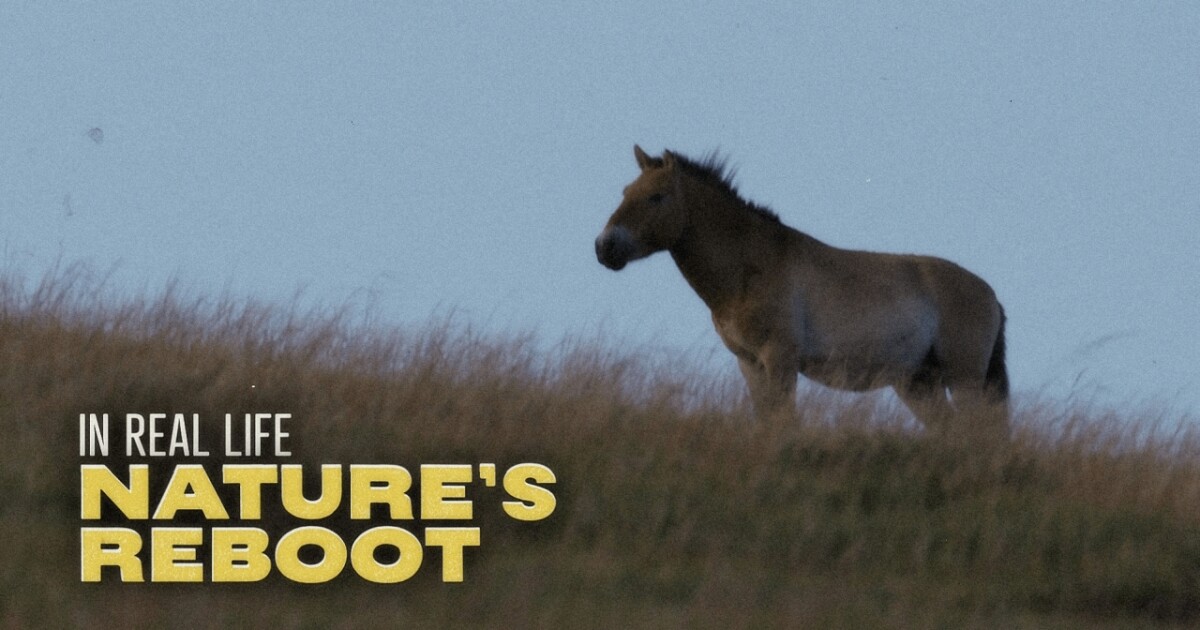-
Scientists discover key to a potential natural cancer treatment’s potency

Within the glass vials of the Natural Products Discovery Center at The Herbert Wertheim UF Scripps Institute for Biomedical Innovation & Technology, scientists have discovered two useful new enzymes which may help them create medicines for cancer and other conditions. Credit: Scott Wiseman Slumbering among thousands of bacterial strains in a collection of natural specimens…
-
Kurt Fesenmyer
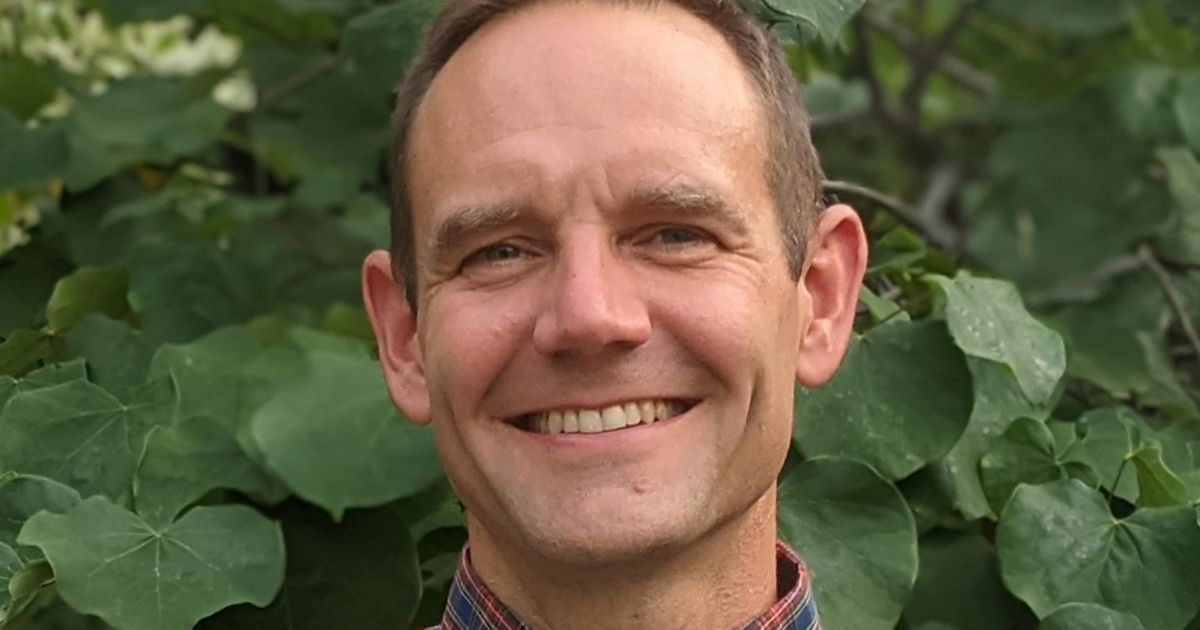
Kurt Fesenmyer is a forest spatial data scientist on the Global Natural Climate Solutions Science Team, which conducts research to motivate and inform the design and implementation of natural climate solutions. His work focuses on measuring and mapping forest management practices that enhance carbon storage, support biodiversity, and provide livelihoods for local communities. Kurt has…
-
Alumna Brings Love of Nature to Washington Metro Residents
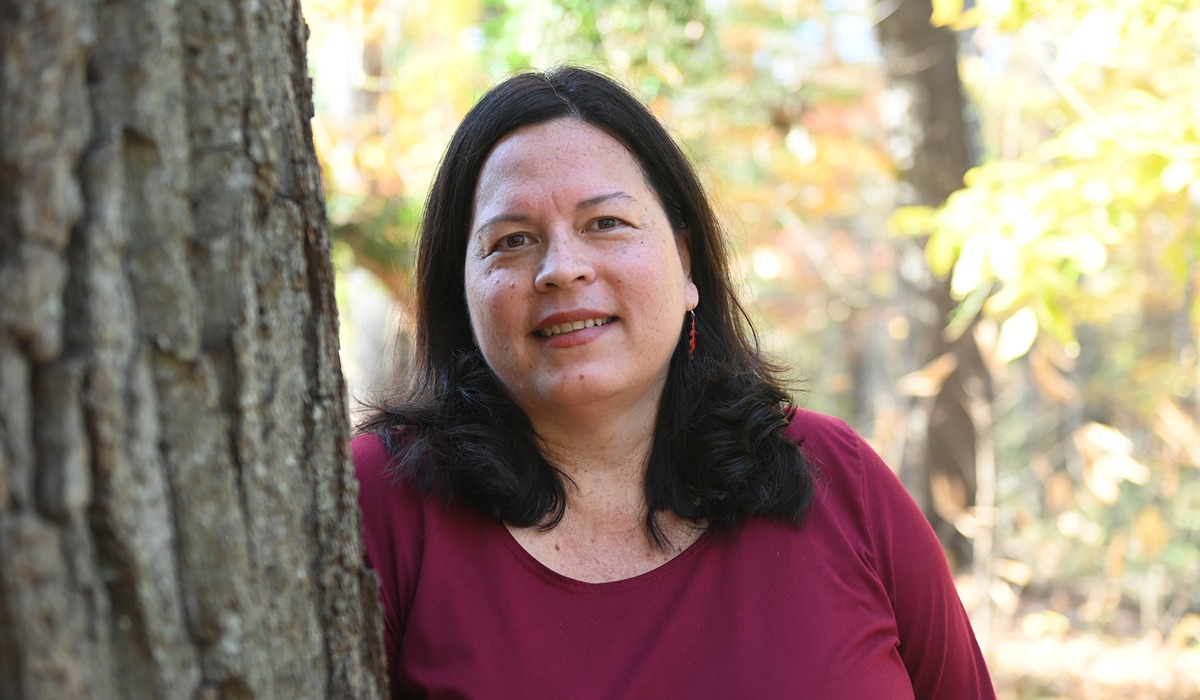
November 13, 2023 Ana Ka’ahanui, B.A. 1993, is a forest therapy guide and co-founder of Capital Nature. (Catholic University/Patrick G. Ryan) By Anna Capizzi Ana Ka’ahanui, B.A. 1993, is a dendrophile – a lover of trees. Sitting in front of the Edward J. Pryzbyla University Center on a warm November day she pointed out three…
-
Nature Finally Retracts That Sketchy Superconductor Paper
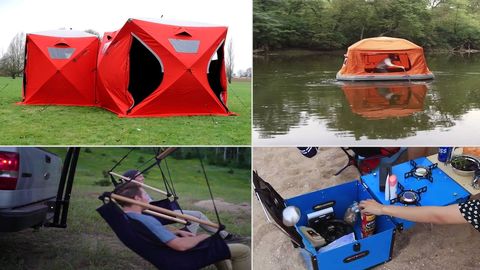
This year saw its fair share of superconductor hype, and one of the most controversial papers—originally published in the prestigious journal Nature—has finally been retracted. The original paper reported that a material, dubbed “red matter,” was a room temperature superconductor at 10,000 atmospheric pressure. But the work was immediately scrutinized by scientists. After a months-long…
-
In Real Life: Nature’s Reboot
Humans have now altered virtually every ecosystem on the planet, fueling extinction rates tens to hundreds of times higher than any point in the last 10 million years. It’s a crisis of such epic proportions that some conservationists are now calling for unprecedented interventions: tapping into our newfound power to shape genomes as a way…
-
Gender identification of the horsehair crab, Erimacrus isenbeckii (Brandt, 1848), by image recognition with a deep neural network
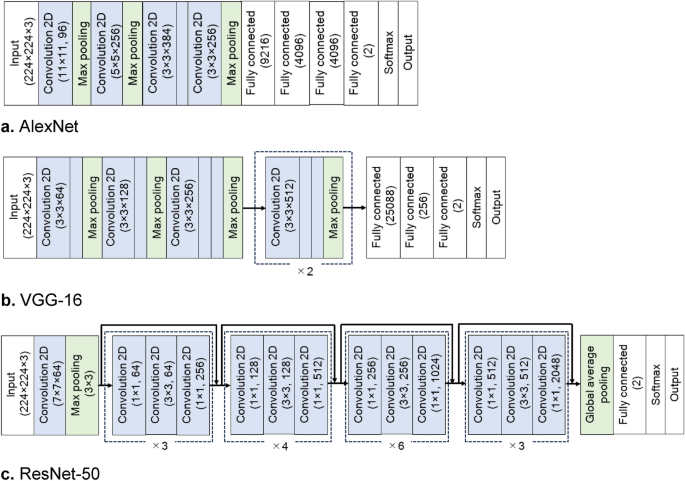
Abstract Appearance-based gender identification of the horsehair crab [Erimacrus isenbeckii (Brandt, 1848)] is important for preventing indiscriminate fishing of female crabs. Although their gender is easily identified by visual observation of their abdomen because of a difference in the forms of their sex organs, most of the crabs settle with their shell side upward when…
-
Unsupervised classification for region of interest in X-ray ptychography
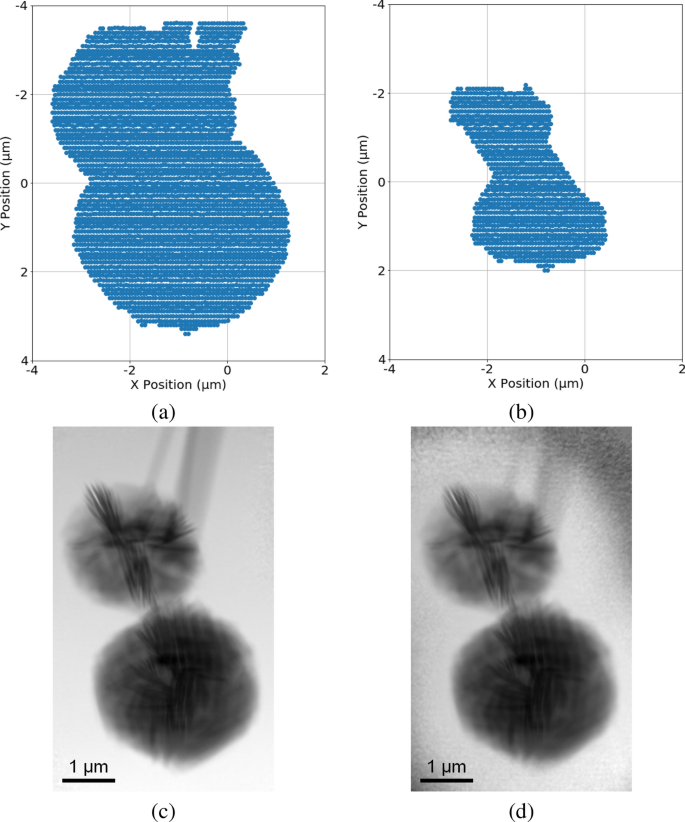
Abstract X-ray ptychography offers high-resolution imaging of large areas at a high computational cost due to the large volume of data provided. To address the cost issue, we propose a physics-informed unsupervised classification algorithm that is performed prior to reconstruction and removes data outside the region of interest (RoI) based on the multimodal features present…
-
The robot chemist helping to pave the way to settlements on Mars
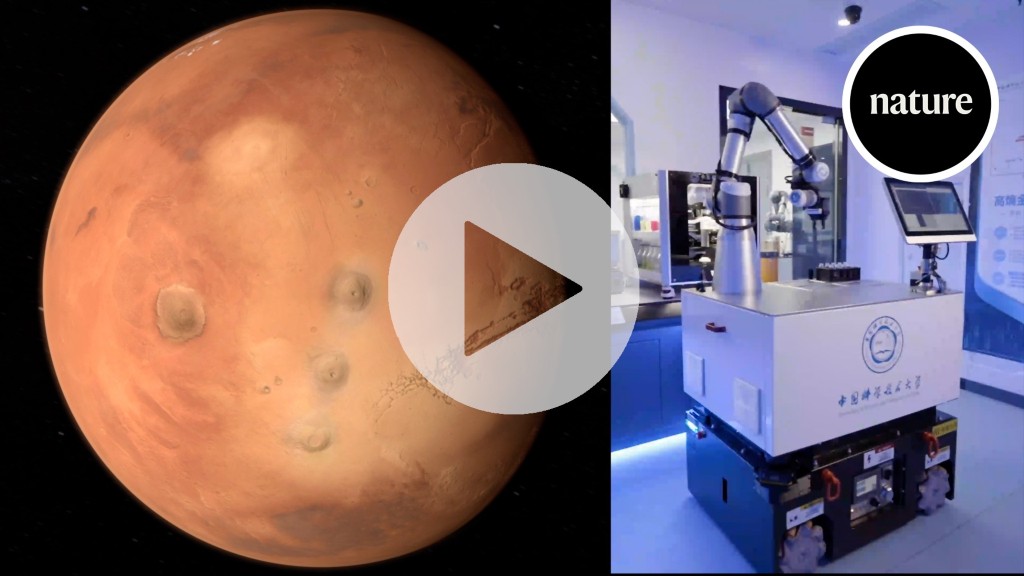
If humans are ever to build settlements on Mars, they will need oxygen – to breathe but also to allow rocket fuels to burn for return missions. But oxygen makes up only a tiny percentage of the Martian atmosphere, and transporting air to Mars from Earth is not a practical solution. Instead scientists have pinned…
-
A sensitive method to determine 210Po and 210Pb in environmental samples by alpha spectrometry using CuS micro-precipitation
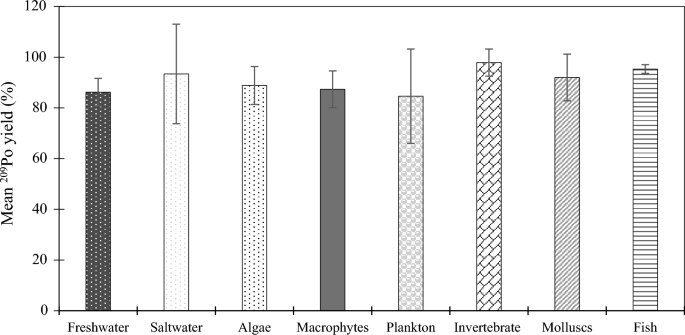
Abstract A new sensitive method to determine polonium-210 (210Po) and lead-210 (210Pb) in a diversity of environmental samples was developed. For fresh and marine waters, Po was pre-concentrated using a titanium (III) hydroxide (Ti(OH)3) co-precipitation. Solid environmental samples were digested with nitric acid (HNO3) and hydrogen peroxide (H2O2). The alpha thin layer source was prepared…
-
The unequal landscape of civic opportunity in America
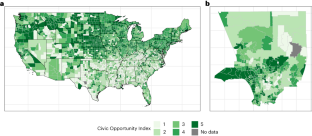
Abstract The hollowing of civil society has threatened effective implementation of scientific solutions to pressing public challenges—which often depend on cultivating pro-social orientations commonly studied under the broad umbrella of social capital. Although robust research has studied the constituent components of social capital from the demand side (that is, the orientations people need for collective…
